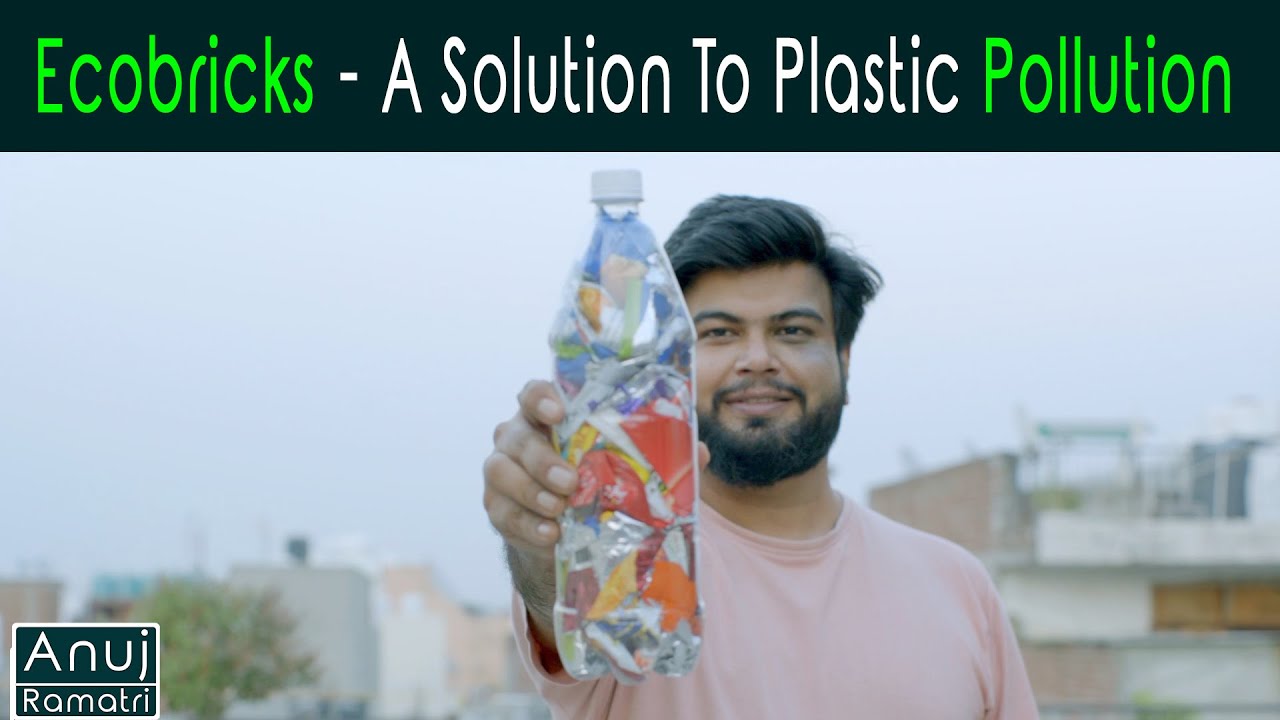How can we fix our plastic waste problem? - BBC News
Summary
TLDRThe video script discusses the persistent issue of plastic waste and introduces innovative solutions. Companies like Polymateria are developing biodegradable plastics that can break down into wax-like substances under certain conditions, attracting microbes to fully return to nature within a year. Products include food packaging, face masks, and hygiene items. Epoch Biodesign is another firm focusing on enzyme technology to break down plastic waste into reusable chemicals for new products, aiming to address the 100 million-tonne annual plastic problem.
Takeaways
- 🌍 A generation is demanding change in how we deal with plastic, acknowledging its negative side effects while recognizing its utility.
- 🔄 The challenge is that all plastic ever created still exists, necessitating innovative solutions for its management.
- 🌱 Companies like Polymateria are developing biodegradable plastics that can break down under certain conditions such as heat, air, and sunlight.
- 📦 Polymateria's products are used in food packaging and cups, and they are now expanding into other materials like face masks and hygiene products.
- 🛠 The biodegradation process involves three stages: time control, transformation into a wax-like state, and attraction of microbes for complete breakdown.
- ⏱ The self-destructing feature of the plastic can be adjusted at the point of manufacture to control the rate of degradation.
- 🧪 The final biodegradation results in a soft, powdery substance that is harmless and disappears, unlike microplastics which persist.
- 📈 Other companies are also tackling the plastic problem, with Epoch Biodesign focusing on enzymes that break down plastic waste into reusable chemicals.
- 🔬 The scientific community is encouraged to rigorously review the data and methods used in these plastic solutions to ensure their effectiveness.
- 🌱 The ultimate goal is to create a significant impact on the annual 100 million-tonne plastic problem and find sustainable alternatives.
Q & A
What is the main issue with plastic as mentioned in the transcript?
-The main issue is that all of the plastic ever created still exists in some form somewhere, contributing to environmental pollution.
How does Polymateria's approach to plastic revolutionize the industry?
-Polymateria creates products that biodegrade in certain conditions like heat, air, moisture, or sunlight, aiming to return the material back into nature.
What new types of materials is Polymateria moving into?
-Polymateria is moving into creating alternatives for materials used in face masks, women's hygiene products, and wipes.
How does the biodegradation process of Polymateria's plastic work?
-The process involves three core steps: time control to transition the material from a plastic-like state to a wax-like state, then the wax draws in microbes, fungi, and bacteria to fully biodegrade the material back to nature in less than a year.
What is unique about the biodegradation of Polymateria's plastic compared to traditional plastic?
-Polymateria's plastic transforms into a soft, wax-like substance that is harmless and biodegradable, unlike traditional plastic which remains unchanged and harmful to the environment.
What are the advantages of Polymateria's biodegradable plastic in terms of handling and appearance?
-The biodegradable plastic appears and feels the same as traditional plastic until it starts to transform, making it user-friendly and less noticeable in terms of change.
How does Epoch Biodesign approach the plastic problem differently?
-Epoch Biodesign focuses on designing enzymes that break down plastic waste into building blocks for new products like paints, coatings, fertilizers, cleaning products, and ultimately new plastic.
What is the significance of publishing papers in the field for companies like Polymateria?
-Publishing papers allows companies to share their data and research, making it available for rigorous review by other experts in the field, which enhances credibility and transparency.
What is the '100 million tonne per annum problem' referred to in the transcript?
-The '100 million tonne per annum problem' refers to the massive amount of plastic waste produced annually that needs to be addressed.
Why is it important to find solutions for plastic waste even if new plastic production is halted?
-Even if new plastic production is stopped, there are already 10 billion tons of plastic waste that need to be managed and dealt with effectively.
How does the beauty of biology play a role in solving the plastic problem according to Epoch Biodesign?
-Biology allows for chemical reactions to occur at low temperatures and pressures, enabling the use of enzymes to break down plastics into their building blocks for reuse.
Outlines

此内容仅限付费用户访问。 请升级后访问。
立即升级Mindmap

此内容仅限付费用户访问。 请升级后访问。
立即升级Keywords

此内容仅限付费用户访问。 请升级后访问。
立即升级Highlights

此内容仅限付费用户访问。 请升级后访问。
立即升级Transcripts

此内容仅限付费用户访问。 请升级后访问。
立即升级浏览更多相关视频

Pengolahan Limbah Sampah Plastik SMP TEUKU NYAK ARIF FATIH BILINGUAL SCHOOL ACEH

PLÁSTICOS no MAR 🛍️🌊 Causas, consequências e soluções!

The Great Pacific Garbage Patch Is Not What You Think It Is | The Swim

EcoBricks - A Solution To Plastic Pollution | Anuj Ramatri | EcoFreak

ASEAN Youth Video Speech Challenge - CECILIA WIDJAJA

O QUE NUNCA TE CONTARAM SOBRE O LIXO - Nostalgia Animado
5.0 / 5 (0 votes)
